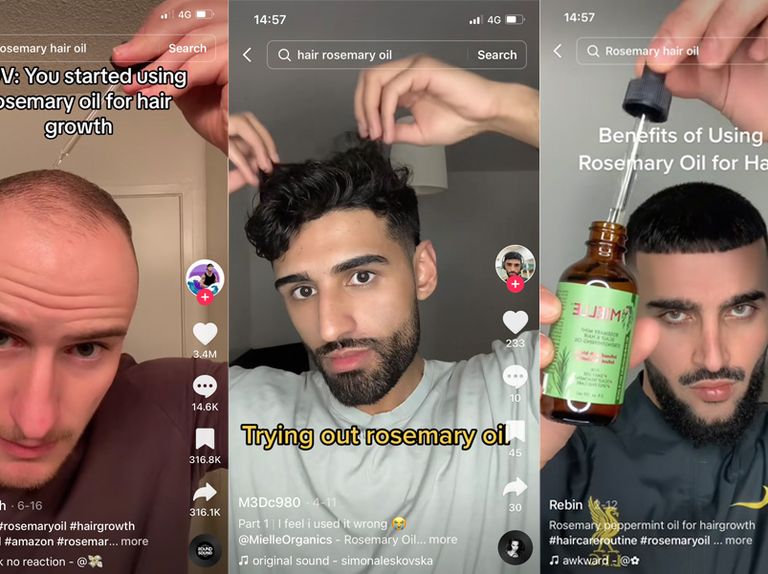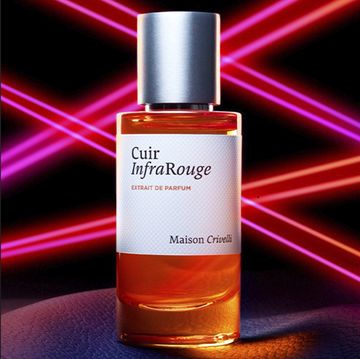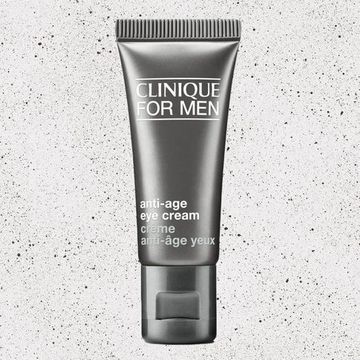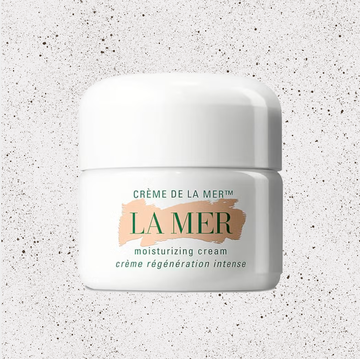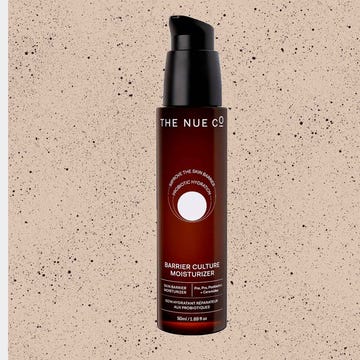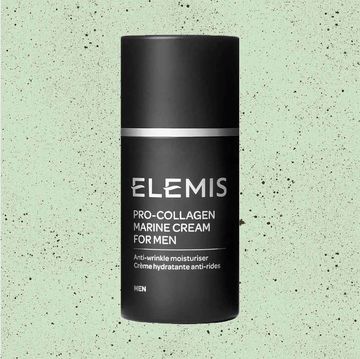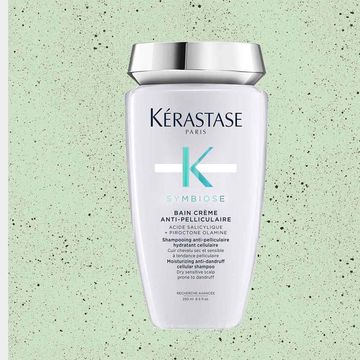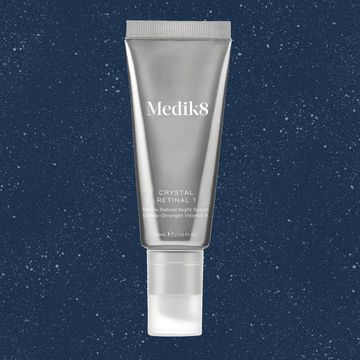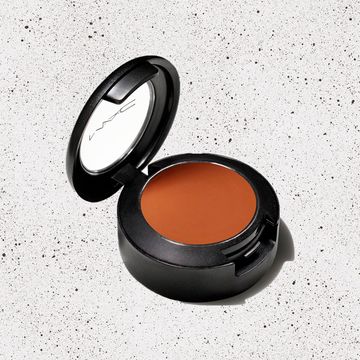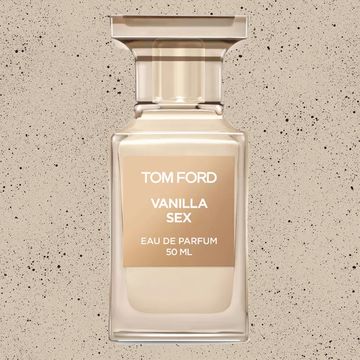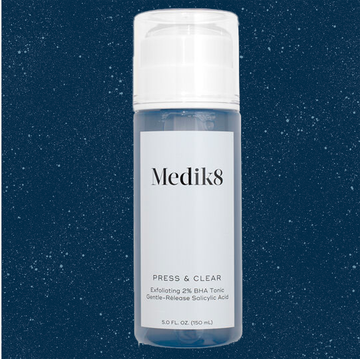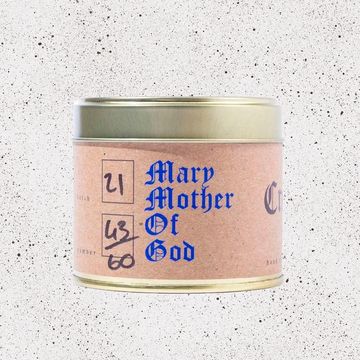Who’d have thought that an app founded on 15-second dance videos would go on to become a social media juggernaut with the power to threaten US-China relations? Not us. But TikTok has long since evolved beyond Megan thee Stallion loops and Gen Z dudes making icky eye contact with the camera. In fact, it was reported last year that 40 per cent of people aged 18 to 24 are turning to TikTok instead of Google for answers to their internet queries. And it’s not just for how-to videos on the Wes Anderson aesthetic or trend recaps of fashion week; it’s also where, despite the growing influence of the body positivity movement, this generation is looking for scientific solutions to hair loss.
To date, #hairloss has garnered over 7.3 billion views on the app, while #baldingsolution, #hairlosstreatment and #hairthickening have a combined view count of 364.7 million – which makes sense when you consider that, according to Healthline, an estimated one in four men will experience hair loss before the age of 21. And while that anxiety is nothing new, the same can't be said about the purported cure that's currently taking TikTok by storm. You've probably seen it dripping down your feed. We're talking, of course, about rosemary oil.
“I don't really know why it's suddenly gained popularity now on social media,” says Zoe Passam, the consultant trichologist at the Philip Kingsley Trichological Clinic. She’s speaking to me over the phone, in between appointments with men looking for follicular fixes offline. “There was a couple of studies published relating to rosemary oil [and hair regrowth] in 2015, but actually, very little since.”
As an essential oil – most notably used in aromatherapy – it is known to have anti-inflammatory properties that promote nerve growth and improve circulation. Therefore massaging it into your scalp could, in theory, prevent hair follicles from being starved of blood supply, one of the main causes of hair loss.
Videos show the liquid being lathered into men’s lock-less heads, often then cutting to an ‘after’ scene where hair appears thicker, with even some baby hairs pushing through. It’s a dream for those who thought their retreating hairlines would only be halted by an expensive trip to Turkey, rather than a £6 purchase from Holland & Barrett. But a dream it might just be.
“From a trichological perspective, I have to say, I'm a little doubtful that it can truly do that,” says Passam. Despite the evidence she mentioned – the 2015 study compared “the effects of rosemary oil for male and female pattern hair loss to minoxidil (a recognised treatment for that kind of hair loss), and after six months, they observed a similar increase in hair counts using both treatments.” Another study in 1998 found rosemary oil (amongst other essential oils) was effective as treatment for alopecia areata – the lack of new findings makes her sceptical. “There's been virtually nothing in the literature ever since then. As trichologists, we obviously keep up to date with the latest research and attend conferences and so on. So I can say that it's never been mentioned at any of the scientific research events that I've been to.”
This recent growth in interest could potentially be attributed to the impact of the pandemic, lockdown and their after-effects. Studies have shown that hair loss is one of the 60 persistent symptoms associated with long Covid, and it's widely acknowledged that stress can contribute towards the process.
“Hair is non-essential to life, so what can happen when the body thinks there's some kind of crisis going on – if you've been very unwell, and in particular, you've had a high fever – it can send actively growing hairs prematurely into their resting state, and then about three months later, they fall out.”
Still, in those cases, Passam explains that it will eventually grow back. But any praise for third-party involvement is often misplaced, says Passam. “I've certainly seen videos where people have had this and they say, And then I started using rosemary oil and look, all my hair is growing back!; Well, that's just coincidental, because that was going to happen anyway.”
So, should any attention be paid towards the rise of rosemary oil? Yes, and no. As mentioned, there is some (admittedly old) evidence to back up some the claim, but it should be noted that influencers on TikTok – much like websites and influencers on other platforms – stand to earn affiliate commission from sales of rosemary oil that they link to. And by opting for the aromatherapeutic route as opposed to speaking with a medical professional, the root cause of a person's hair loss may not be properly diagnosed or addressed.
“Hair loss is a hugely complex subject, which is why we’ll spend an hour with whoever comes in to see us. We go through their medical history, medications, illnesses, diet, hair care practices, all of that,” explains Passam. “When we talk about hair loss, we're not talking about one thing. It can be genetics, nutritional or a health-related issue; there can be many factors that can lead to it. And so obviously, according to what the cause of the hair loss is, that's going to determine how you treat it.”
Passam would always recommend a visit to trichologist for evidence-based treatment, where finasteride and the aforementioned minoxidil are likely to be prescribed. (After poring over my fair share of hair loss content, I noticed a lot of the vids would hark the benefits of rosemary oil, but whisper a disclaimer that they were using it alongside these two medications.) Of course, a last resort would be a hair transplant – our guide on the matter will steer you away from botch-job clinics – but if you do fancy giving the essential oil a try beforehand, be wary that just because it’s natural, it doesn’t mean it’s always safe to use.
“You can get a scalp irritation, particularly if you've got inflamed or broken skin,” says Passam. “If you're somebody who suffers from any scalp conditions – dandruff, eczema or psoriasis, for example – you should really avoid doing anything like this because you could exacerbate the problem.”
But even delaying treatment by substituting it with rosemary oil can be detrimental, says Passam. “Some types of hair loss will be more rare types that can be progressive and permanent. So if you're delaying seeking professional diagnosis and advice, because you're trying things out at home, you may permanently lose more hair. That's really my concern with this kind of thing.”
The verdict: There is no quick-fix answer to hair regrowth, and jumping onto the rosemary oil bandwagon isn’t necessarily going to speed it up. While it won’t do much harm – those with skin conditions should abort mission immediately – it's anyone's guess whether it'll do much to help, either. Every hair loss case is unique, so it's best leave the diagnosis with the experts, instead of your lunch break doom-scroll.
